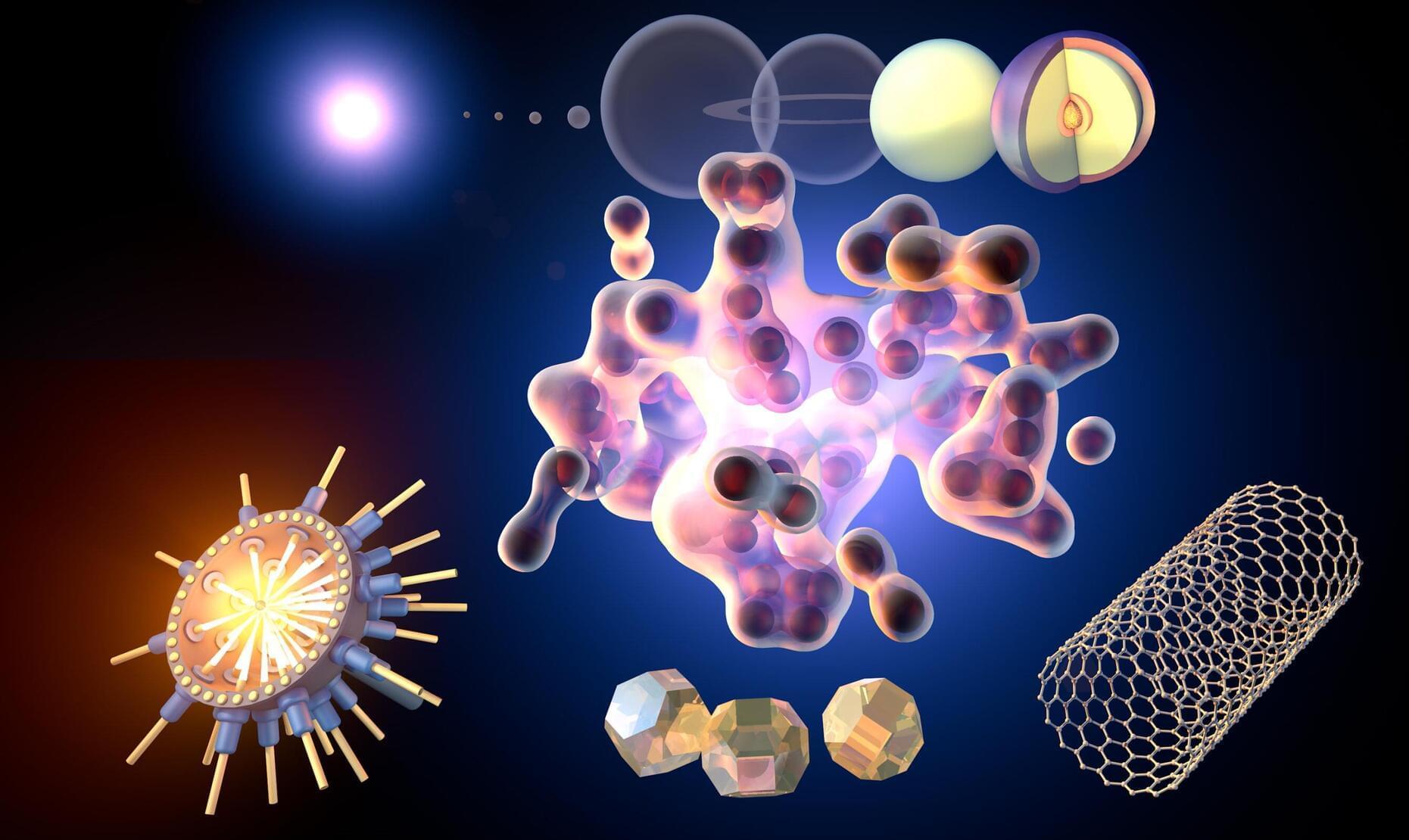With the declared aim of measuring matter under extreme pressure, an international research collaboration headed by the University of Rostock and the Helmholtz-Zentrum Dresden-Rossendorf (HZDR) used the high-performance laser DIPOLE 100-X at the European XFEL for the first time in 2023. With spectacular results: In this initial experiment they managed to study liquid carbon—an unprecedented achievement as the researchers report in the journal Nature.
Liquid carbon can be found, for example, in the interior of planets and plays an important role in future technologies like nuclear fusion. To date, however, only very little was known about carbon in its liquid form because in this state it was practically impossible to study in the lab: Under normal pressure, carbon does not melt but immediately changes into a gaseous state.
Only under extreme pressure and at temperatures of approximately 4,500 degrees Celsius—the highest melting point of any material—does carbon become liquid. No container would withstand that.
